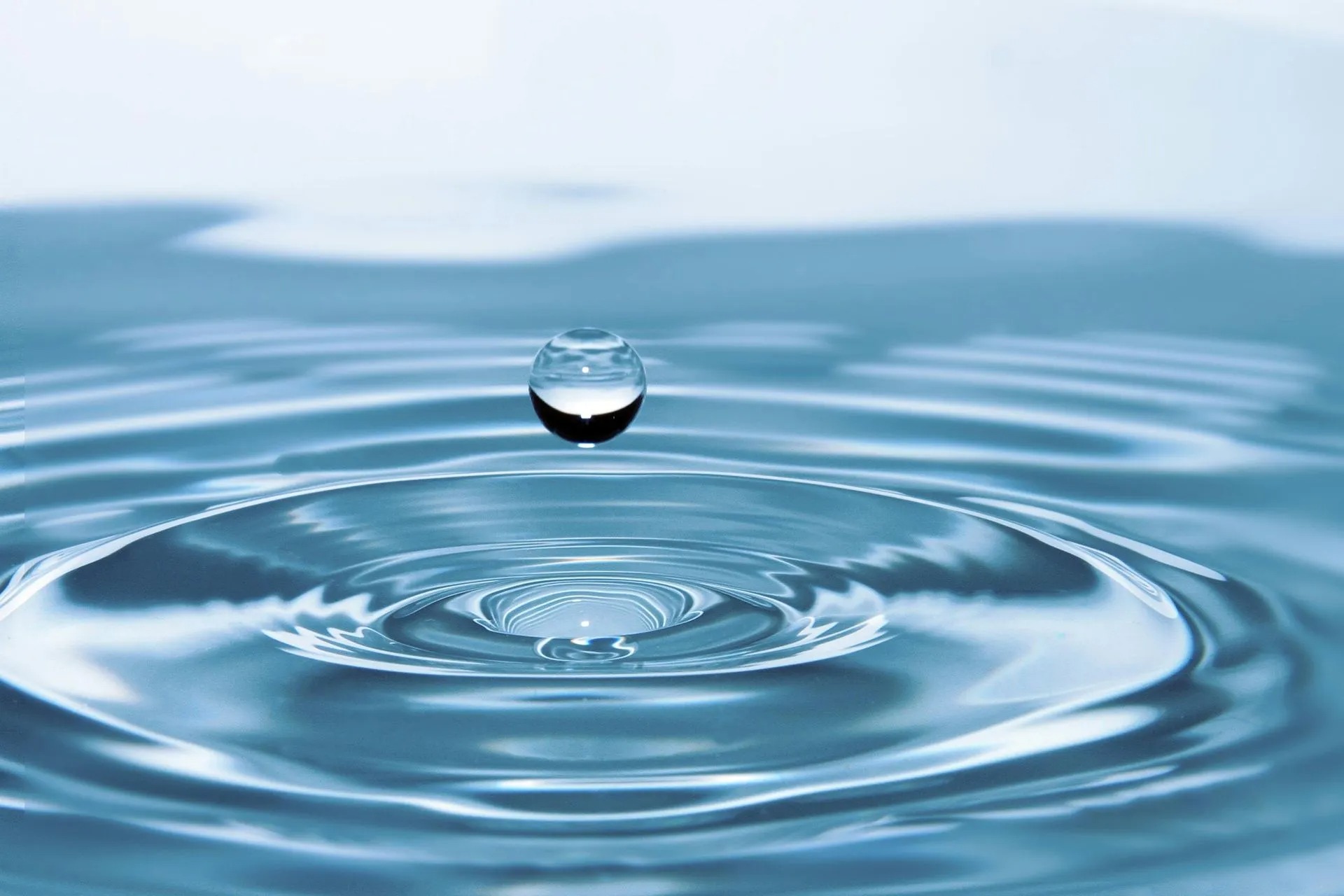How to Avoid Water Damage in Your Home
September 24, 2024

Customer Reviews
Ercolano Cleaning & Restoration has been the most trusted restoration company serving Connecticut and Western Massachusetts since 1979. See what homeowners and business owners have to say about us.
"Professionalism, expertise, cleanliness, caring, and character are just some of the words I use when describing Ercolano's cleaning and restoration. They send the best workers and perform efficiently. I highly recommend them."
Ken C.
"Great company to work with I highly recommend them. They were professional and compassionate to our family’s situation during difficult times. Ercolano will always have my full endorsement. Thank you guys for all that you do!"
Stefano S.
"We suspected that we had a mold issue in our home so we called Ercolano. I knew that they were very knowledgeable from the first phone call I made. They came out promptly to assess the situation with state of the art equipment. They were easy to schedule and pay for their services. They were very accommodating by coming out a second time just to assess the job that was completed and to put me at ease and confirm the mold situation had been remediated. They were professional and I highly recommend working with them should you require this type of assistance."
Angela S.
"My experience working Ercolano has been seamless, I had a water line break causing severe damage to my kitchen and basement as soon I reach out to them, they arrived, cleaned, and packed everything away then started with rebuild of my kitchen and basement, I can’t thank them enough for getting me through this. Someone is always available for all my questions, I worked with Lindsey since this was an insurance claim, she was with me every step of the way to get this all processed. If you need your cleaning and restoration done properly and stress free this is the company to go with you will not regret it, they are amazing. TEN STARS"
Patrina S.

